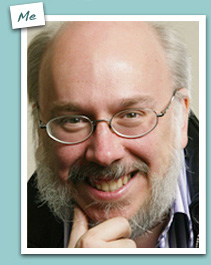
Im not sure where I’m heading with this, just letting you know so to save my arse if I ramble,
I read a couple of interesting articles that used the past and future terms for the internet, Networked Virtual Reality and Future Internet respectively. Both sound just as futuristic as eachother, Networked VR brings up images of Back to the future like predictions of the current time with massive virtual reality headsets controlling our lives, and its funny that I imagine the same images 20 years down the track with Future Internet. Noone can predict the future of the internet, one of the articles has a nice summary of some of the innovative technologies developing now and the precautions we must take with them, but an underlying factor is, we dont know if the internet in the future will be a logical extension of what it is now or something completely different. Anything could happen.
What was interesting that in the short time frame of 3 years, the definition of the internet has changed from an ‘Internet ecosystem, with stakeholders from a traditional infastructure perspective’ in 2010 to ‘a socio-economic structure for the support of information and knowledge exchange’. With such universality we must strike a balance between participation and privacy but also develop technologies that are based around societal behaviours and away from technology for technology’s sake.
This dichotomy led me on to further thinking,
Which one is correct?:
Technological determinism – ‘society’s technology drives the development of its social structure and cultural values’,
Social Construction of Technology – ‘the relationship between technology and society cannot be reduced to a simplistic cause-and-effect formula. It is, rather, an ‘interwining’, where technology does not determine but ‘operates’.
I think it would be grossly ignorant for me to believe the first one. The internet is an extremely important agent in our culture, yet the USES (personal expression, communication, advertising etc) are just as much a part of it as the software. I think Ralph Schroeder sums it up nicely with “users don’t just passively consume technology, but actively transform it”.
So it went away from what I was going to talk about initially but, oh well.
Article: Cross Disciplinary lessons for the Future Internet.






